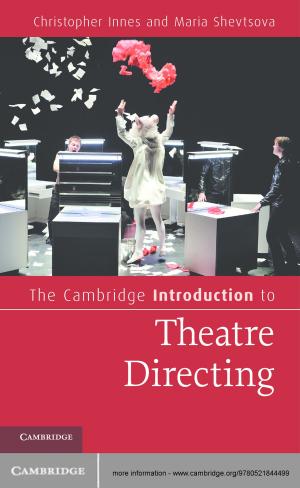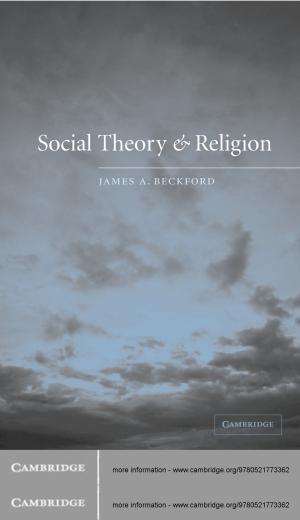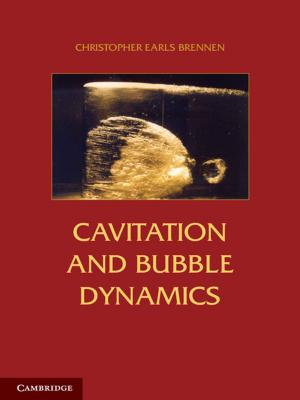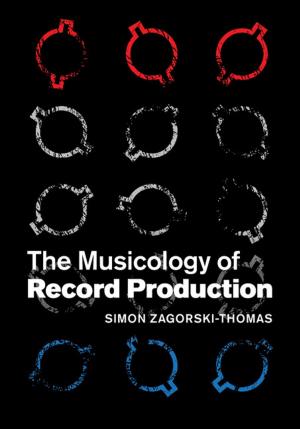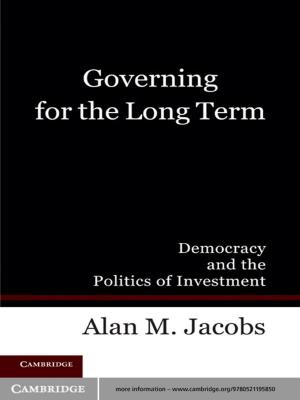The Reinvention of Magna Carta 1216–1616
Nonfiction, Reference & Language, Law, Legal History, History| Author: | John Baker | ISBN: | 9781316947067 |
| Publisher: | Cambridge University Press | Publication: | January 26, 2017 |
| Imprint: | Cambridge University Press | Language: | English |
| Author: | John Baker |
| ISBN: | 9781316947067 |
| Publisher: | Cambridge University Press |
| Publication: | January 26, 2017 |
| Imprint: | Cambridge University Press |
| Language: | English |
This new account of the influence of Magna Carta on the development of English public law is based largely on unpublished manuscripts. The story was discontinuous. Between the fourteenth and sixteenth centuries the charter was practically a spent force. Late-medieval law lectures gave no hint of its later importance, and even in the 1550s a commentary on Magna Carta by William Fleetwood was still cast in the late-medieval mould. Constitutional issues rarely surfaced in the courts. But a new impetus was given to chapter 29 in 1581 by the 'Puritan' barrister Robert Snagge, and by the speeches and tracts of his colleagues, and by 1587 it was being exploited by lawyers in a variety of contexts. Edward Coke seized on the new learning at once. He made extensive claims for chapter 29 while at the bar, linking it with habeas corpus, and then as a judge (1606–16) he deployed it with effect in challenging encroachments on the common law. The book ends in 1616 with the lectures of Francis Ashley, summarising the new learning, and (a few weeks later) Coke's dismissal for defending too vigorously the liberty of the subject under the common law.
This new account of the influence of Magna Carta on the development of English public law is based largely on unpublished manuscripts. The story was discontinuous. Between the fourteenth and sixteenth centuries the charter was practically a spent force. Late-medieval law lectures gave no hint of its later importance, and even in the 1550s a commentary on Magna Carta by William Fleetwood was still cast in the late-medieval mould. Constitutional issues rarely surfaced in the courts. But a new impetus was given to chapter 29 in 1581 by the 'Puritan' barrister Robert Snagge, and by the speeches and tracts of his colleagues, and by 1587 it was being exploited by lawyers in a variety of contexts. Edward Coke seized on the new learning at once. He made extensive claims for chapter 29 while at the bar, linking it with habeas corpus, and then as a judge (1606–16) he deployed it with effect in challenging encroachments on the common law. The book ends in 1616 with the lectures of Francis Ashley, summarising the new learning, and (a few weeks later) Coke's dismissal for defending too vigorously the liberty of the subject under the common law.



